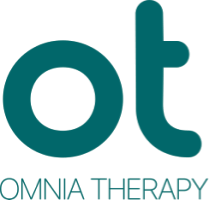
Eating Disorders
Eating disorders are complex mental health conditions characterised by distorted attitudes towards food, body image, and weight. They involve severe disturbances in eating behaviours and are often accompanied by underlying emotional and psychological issues. Common types of eating disorders include anorexia nervosa, bulimia nervosa, and binge eating disorder.
Anorexia involves extreme food restriction and a fear of weight gain, resulting in severe weight loss and malnutrition. Bulimia involves cycles of binge eating followed by compensatory behaviours like purging or excessive exercise. Binge eating disorder entails recurrent episodes of uncontrollable overeating without compensatory behaviours.
Eating disorders can have serious physical and psychological consequences, including organ damage, nutritional deficiencies, depression, anxiety, and social isolation. Treatment for eating disorders typically involves a multidisciplinary approach, combining medical, nutritional, and psychological interventions.
Therapy, such as cognitive-behavioural therapy (CBT) or dialectical behaviour therapy (DBT) is often used to address the underlying emotional and psychological factors driving the disordered eating behaviours. Early intervention and comprehensive support are crucial for recovery from eating disorders, as they require a holistic approach that addresses both the physical and psychological aspects of the disorder.
If any of the above sounds familiar and you would like to obtain support with addiction, please click on the link below and complete our online application process to book your first session.